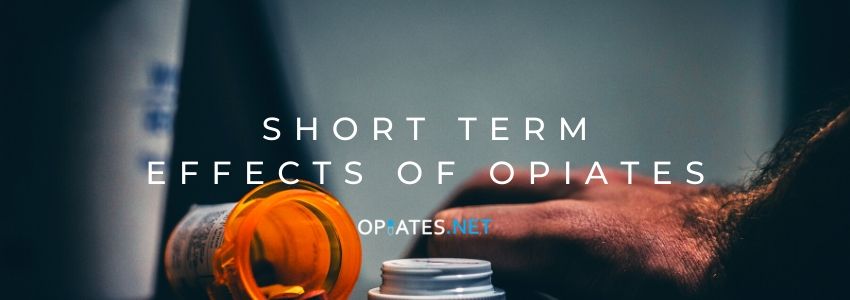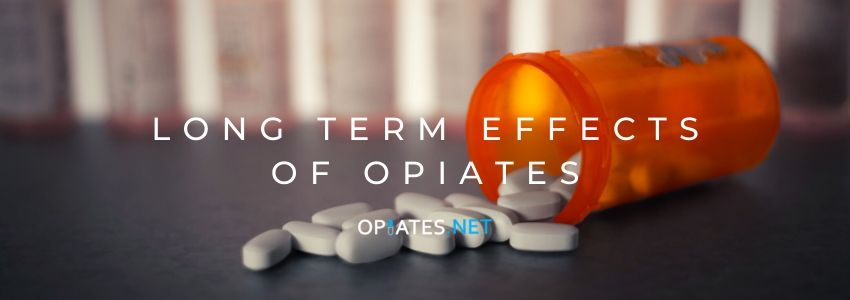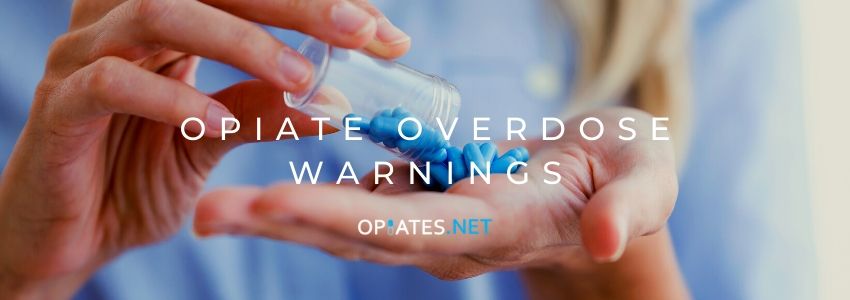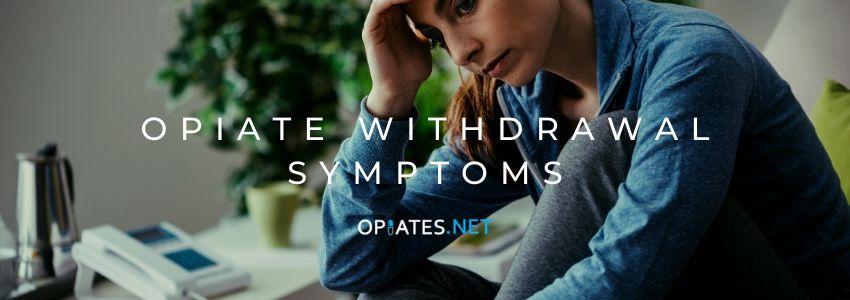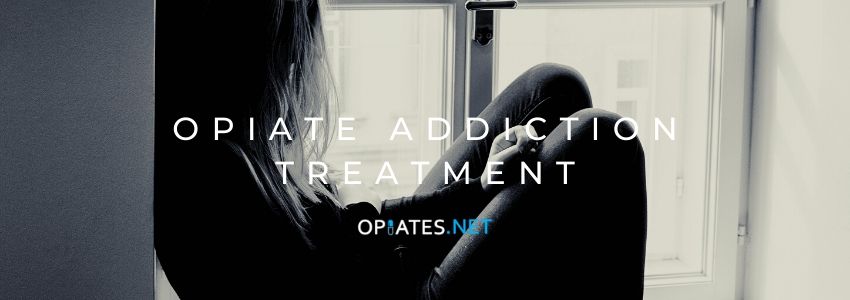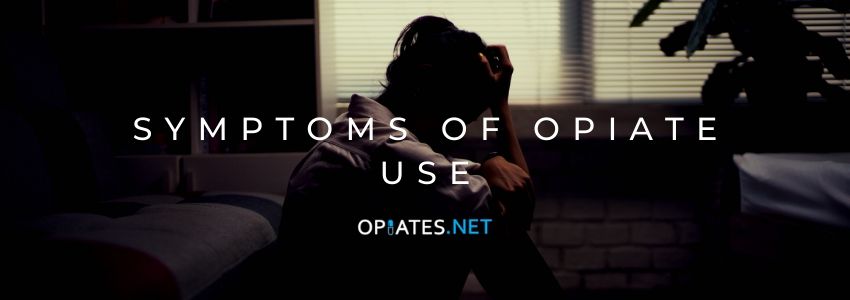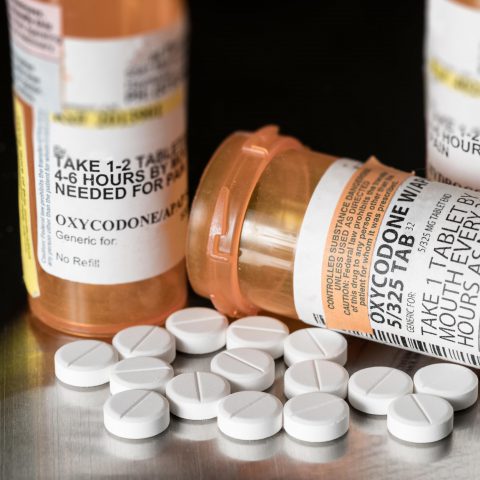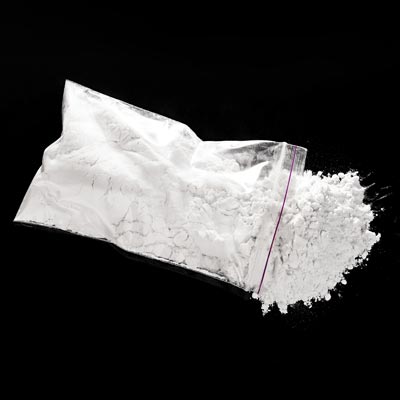Contact Opiate.net's National Hotline
If you are seeking drug and alcohol related addiction rehab for yourself or a loved one, the Opiates.net hotline is a confidential and convenient solution.
Calls to any general hotline (non-facility) will be answered by:
- General Admissions Helpline where a treatment professional will help connect you with adequate treatment options. Your calls will be routed to a 24/7 confidential support staff who will help locate quality treatment options for you.
If you wish to contact a specific medical opiate treatment facility then find a specific treatment center using our addiction treatment locator tool.
Alternatives to finding addiction treatment or learning about substance:
- SAMHSA Treatment Finder at SAMHSA.gov
- National Institute On Drug Abuse at DrugAbuse.gov
- Mental Health & Substance Abuse at USA.gov


